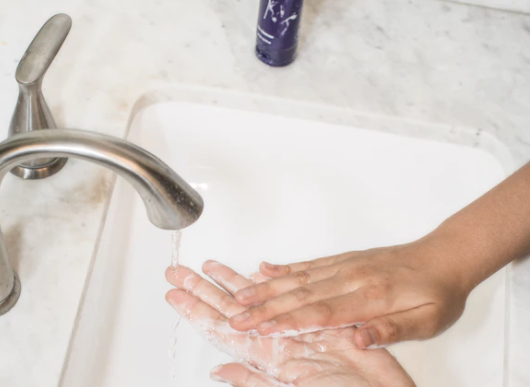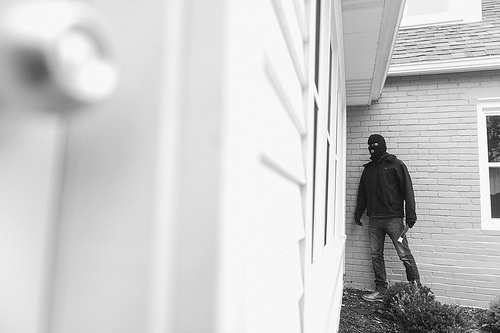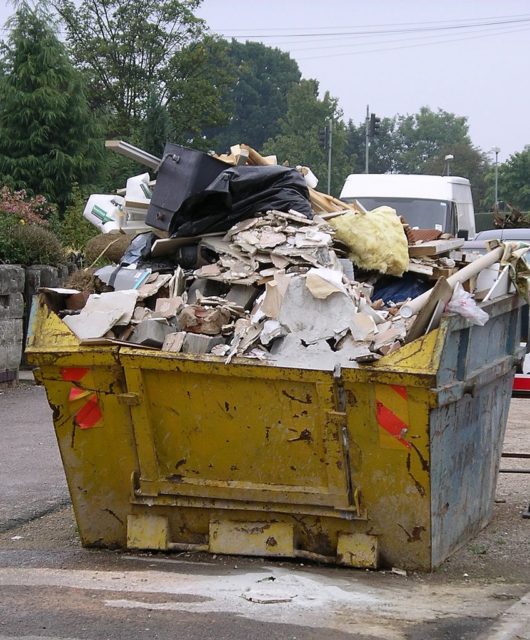Cookware Care – 5 Tips for Keeping Your Cookware in Chef-Worthy Condition
 Stainless steel cookware sets and other high-quality kitchen equipment can last years and years if cared for well. The question is, how do you care for cookware properly? Can’t you just throw it in the dishwasher and hope for the best? While it’s not quite that easy, it’s not overly difficult either.
Stainless steel cookware sets and other high-quality kitchen equipment can last years and years if cared for well. The question is, how do you care for cookware properly? Can’t you just throw it in the dishwasher and hope for the best? While it’s not quite that easy, it’s not overly difficult either.
If you want true longevity out of your kitchen equipment, follow these five tips for keeping your cookware in chef-worthy condition:
1. Stop Chucking Them In The Dishwasher
Most stainless steel cookware is dishwasher safe, which is convenient when it comes to cleaning. You just rinse the plates and plans and then let the dishwasher do the work for you.
If you want your pans to last longer, however, you need to avoid the dishwasher, at least some of the time. Washing cookware repeatedly on high-temperature cycles can cause damage to the surface of the steel, and it can cause the handles to become loose over time.
2. Don’t Overheat Your Pans
Heating a pan too much causes food to burn and get caked on, which can then lead to scraping and damage during cleaning. Burning can also cause further issues with cookware over time, so it is best avoided where possible. Stick with medium heat when simmering, boiling, and frying for longer-lasting pans and better-tasting food.
3. Clean Your Pans After They Have Cooled
Items like glasses are known to shatter if exposed to quick temperature changes in a process called thermal fracturing. Pans, though, are designed to get hot and cold right?
Yes and no.
Yes, they are designed to cook your food and be rinsed in water at any temperature, but that doesn’t mean they won’t be affected by extreme temperature changes. If you rinse them with cold water straight after they have been used for cooking, the quick temperature change could cause the pan to crack or warp in shape. By letting pans cool before rinsing, you can protect them from shape changes and damage.
4. Clean The Pans Thoroughly At Least Once A Month
If pans are not cleaned thoroughly, dirt, stains, and debris that aren’t removed with your quick daily washes will get ingrained in the pan, ruining how it looks and creating a breeding ground for bacteria.
Cleaning pans thoroughly at least once a month helps to keep them in great shape. Keep in mind, you’ll need to use a different method for cleaning stainless steel pans compared to those made of ceramics and other materials. So, be sure to do some research to find the ideal cleaning method for your cookware.
5. Avoid Salting Water Before Boiling
Every video on cooking pasta perfectly insists on salt being added to the water in order to season the pasta as it cooks. What you may not know is that salt added to water that isn’t yet boiling can actually cause pitting in a pan, especially if it sprinkles around the rim.
It is the chlorine and chloride salts that do the damage, causing the passive chromium oxide layer of the pan to become damaged on the surface and even spreading much deeper over time.
Simply filling a pan with salty water can cause pitting, and the damage is irreversible. Here’s what you can do to prevent it from happening in the first place:
- Only add salt to the water after it is boiling
- Avoid using any pan cleaner containing chlorine and bleach
- Avoiding using any pan cleaner containing muriatic acid
Using our tips above, you can keep your cookware in chef-worthy condition for longer, saving you money and helping you create delicious home-cooked meals in your kitchen.









